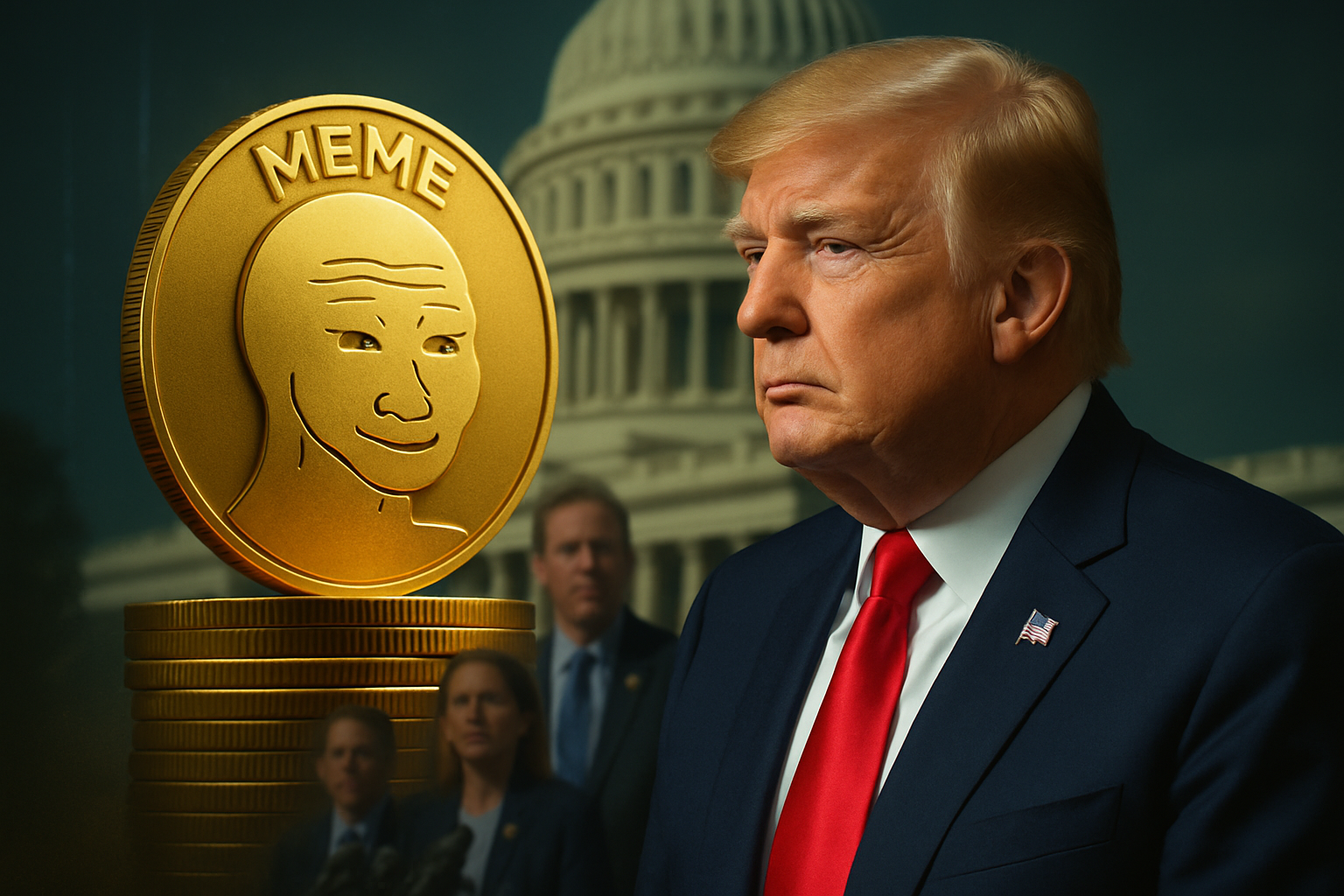Russia has taken another significant step in its strategy to bypass the financial sanctions imposed by the West. According to Finance Minister Anton Siluanov, the country has begun using Bitcoin to finance international transactions.
This decision marks a historic shift in Russia’s financial policy and strengthens the role of cryptocurrencies as an alternative to the traditional financial system.
Bitcoin as a Geopolitical Tool
The announcement comes at a time when Russia is facing severe restrictions on access to global financial systems like SWIFT. Siluanov emphasized that Bitcoin is primarily used in transactions with countries that accept the cryptocurrency as a form of payment.
He also stated that this move provides flexibility for international trade, as Russia seeks to reduce its dependence on the dollar and the euro.
In an interview with a state-run channel, the minister revealed the approval of legislation allowing the use of digital financial assets and Bitcoin in international transactions. He also mentioned that the government plans to expand its implementation. Siluanov highlighted that this is a step forward for the global settlement system.
“This is the future. We can pay for goods with digital assets. It is also possible to use Bitcoin mined in Russia under this regime,” said Siluanov.
Russia’s adoption of Bitcoin reflects a growing trend among sanctioned countries seeking cryptocurrencies as a solution for international transactions. The decentralization of Bitcoin makes it less susceptible to control by traditional financial institutions, allowing governments to avoid blockages imposed by global powers.
Moreover, the use of a public blockchain offers transparency but also exposes transactions to a level of traceability that can be exploited by data analysts.
Implications for the Crypto Market
Russia’s decision to adopt Bitcoin for international transactions could have profound implications for the cryptocurrency market. The increased demand for Bitcoin for practical use, rather than just speculative purposes, may drive prices higher.
On the other hand, this move could attract greater attention from international regulators, resulting in new measures of oversight.
The Russian initiative highlights how Bitcoin is becoming a tool of geopolitical significance. As more countries explore cryptocurrencies as an alternative to traditional currencies, the global financial landscape could undergo an unprecedented transformation.






